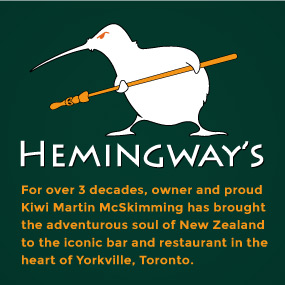Speculative Theorist Challenged Course of History
Christchurch-born Michael Baigent, co-author of The Holy Blood and the Holy Grail, one of the most controversial books of the 1980s, has died in Brighton, England, aged 65. Baigent grew up in Nelson and the small community of Wakefield. From Nelson College, Baigent went to Canterbury University where he studied Religion and Psychology. After graduation, he left New Zealand, hoping to make a living as a photojournalist. After drifting for several years around Australia, South East Asia, Bolivia and Spain, in 1976 he arrived in England, where he became interested in the history of the Knights Templar and began researching the mysterious medieval order for a film project. In 2006, with co-author, American Richard Leigh, he lost a plagiarism case against Dan Brown, author of The Da Vinci Code, the spectacularly successful thriller which they claimed was based on their book. Written by Baigent, Leigh, and Henry Lincoln, The Holy Blood and the Holy Grail claimed to have uncovered a vast conspiracy to conceal a bloodline descended from Jesus of Nazareth that had played a key role in European history. Despite its extraordinary claims, which earned the authors threats of hellfire and damnation, the book, published in 1983, impressed critics. “If this sensational conclusion remains both unproved and utterly incredible,” wrote a reviewer in the Financial Times, “much of the material displayed on the way is fascinating.” Anthony Burgess observed that the plot would make a “marvellous theme for a novel”. The High Court Justice Peter Smith ruled that though Dan Brown had relied on the work of Baigent and Leigh, the similarities between their books did not violate copyright.The case attracted international media attention due to the reclusive Brown’s appearance in court and the imminent release of the blockbuster Hollywood film based on his book. The High Court proceedings boosted sales of The Holy Blood and the Holy Grail, which had stalled at 3500 copies a year in Britain, to 7000 copies a week. But against their royalties windfall, Leigh and Baigent were left with a legal bill of about £2 million. Baigent was a Freemason and a Grand Officer of the United Grand Lodge of England. From 1991 he was editor of Freemasonry Today.














